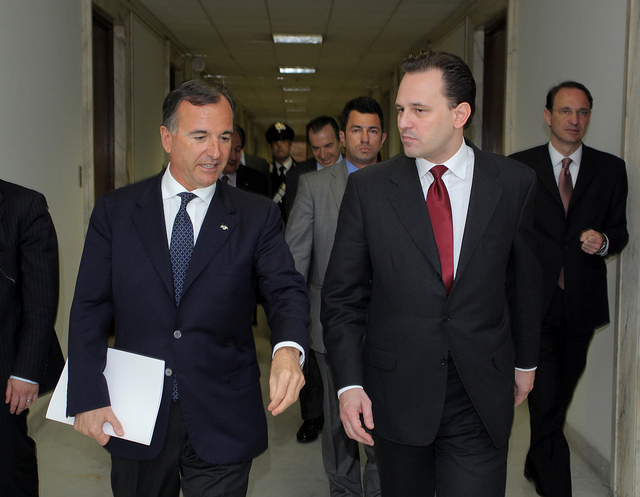Last week the French Parliament passed legislation into law to overhaul immigration policy. Most of the new rules make obtaining a visa or work permit much more difficult, and it abolished an old policy of granting legal status to illegal immigrants who could document ten years of residency.
Topical:





